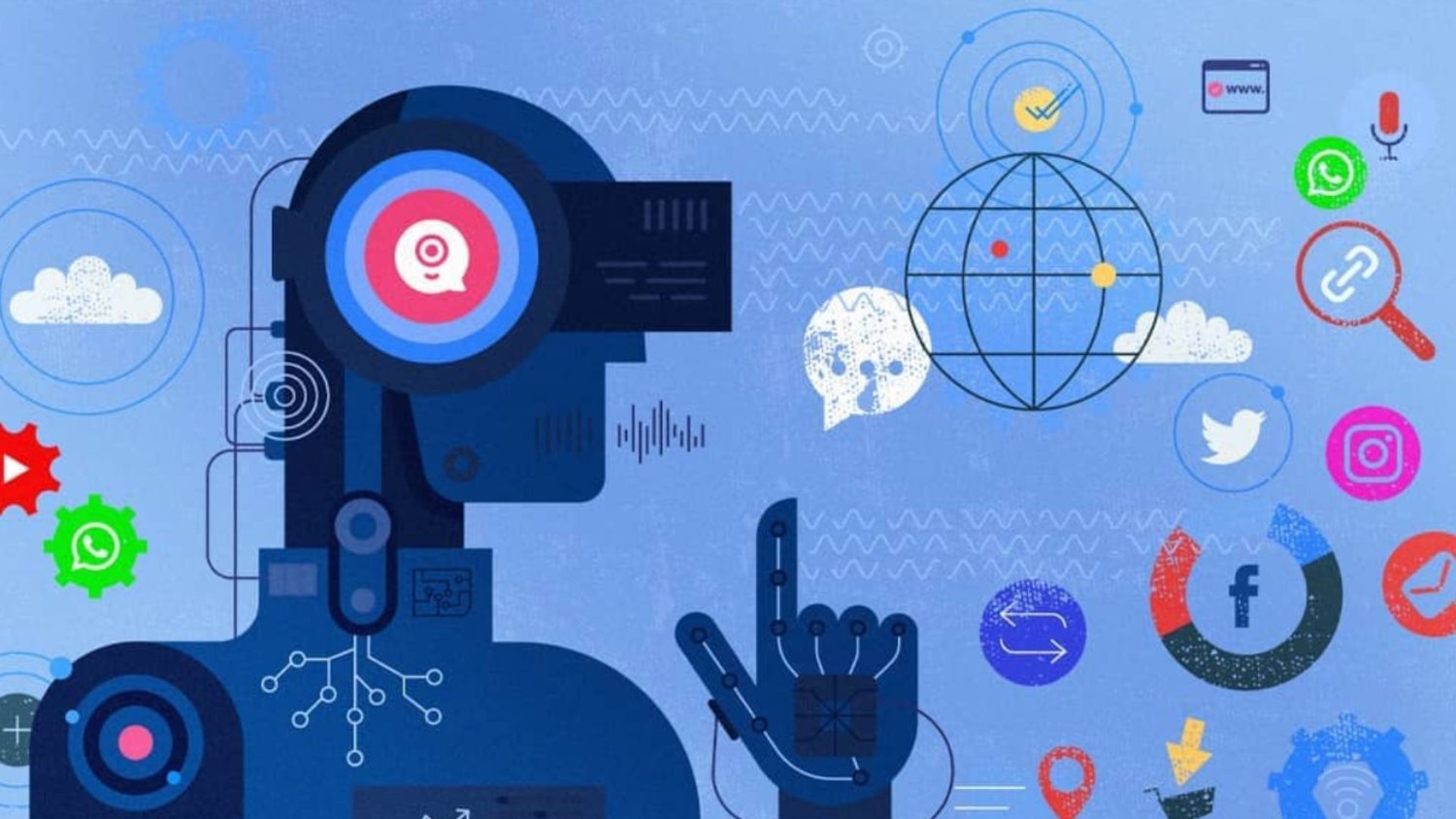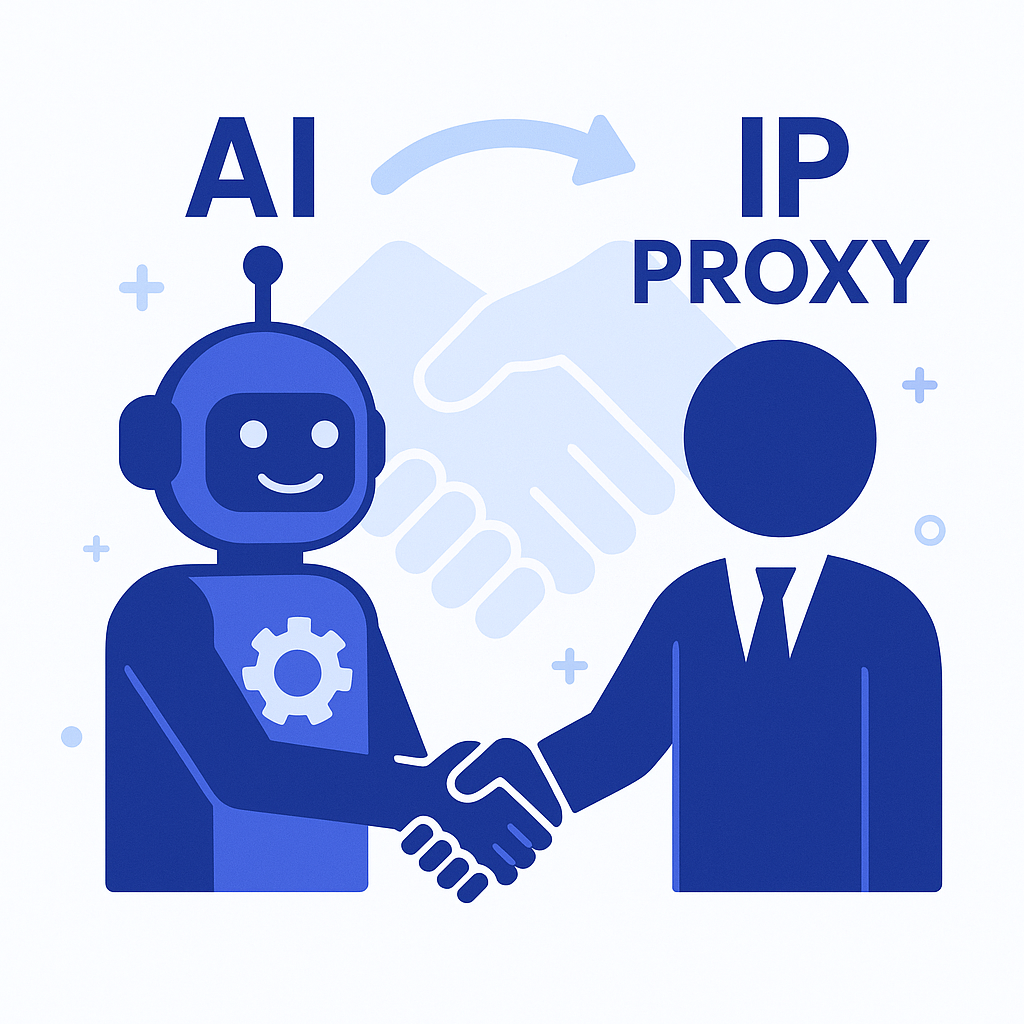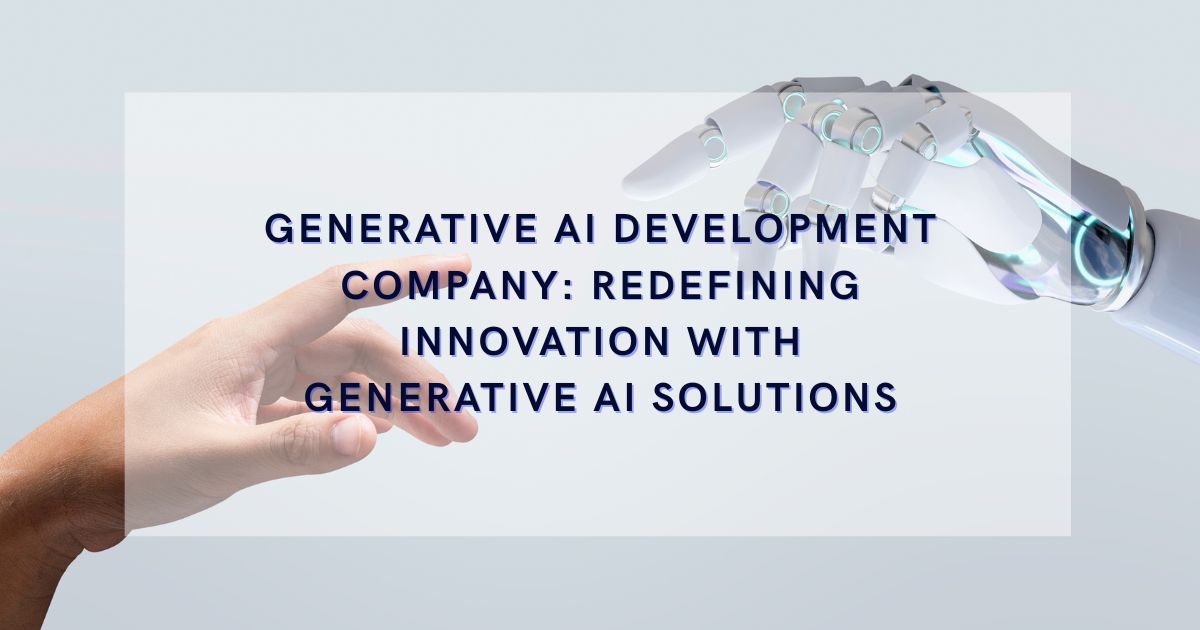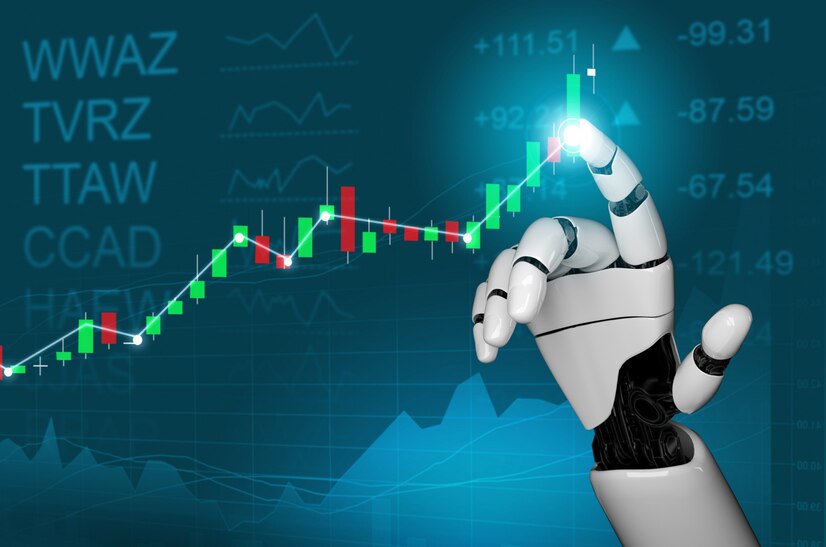AI in Social Media: Transforming How We Connect, Create, and Consume

Strong 8k brings an ultra-HD IPTV experience to your living room and your pocket.
The world of social media is evolving rapidly, and artificial intelligence is playing a central role in this transformation. From content moderation to hyper-personalized feeds, AI in social media is no longer just an added advantage. It is the engine powering engagement, scale, and monetization across platforms. As user expectations grow and content volumes explode, AI has become the only way to deliver real-time, relevant, and safe experiences at scale.
The Algorithmic Heartbeat of Every Platform
At the core of every major social media platform lies an algorithm designed to deliver the most engaging content possible. These algorithms are powered by machine learning models that analyze behavior such as likes, comments, shares, scroll speed, and watch time. Over time, they learn what a user is likely to enjoy and adjust the content feed accordingly. This is the most visible form of AI in social media today.
The average user now spends over two and a half hours daily on social platforms, according to a Statista report, and AI is responsible for making those hours feel tailored, frictionless, and addictive. Every video suggested on YouTube, every reel shown on Instagram, and every post recommended on LinkedIn has been filtered through layers of AI-driven personalization.
Hyper-Personalization is the New Norm
AI enables platforms to personalize not just what content is shown, but how it is shown. Thumbnail images, captions, even post timing are optimized using AI. Platforms like TikTok and Instagram analyze factors like a user’s location, device type, interaction patterns, and past viewing behavior to decide what content should be delivered in which order.
This shift toward hyper-personalization has had a measurable impact. According to McKinsey research, companies that implement personalization strategies powered by AI can increase revenue by up to 15 percent. In the context of social media, this translates into higher user retention, longer session times, and more ad impressions served per user.
Content Creation: From Manual to Machine-Enhanced
Another important application of AI in social media is in the content creation process itself. Tools powered by generative AI help creators write captions, suggest hashtags, generate images, and even edit videos. These tools reduce the time and effort required to maintain a consistent content presence, making it easier for individuals and brands alike to stay active and relevant.
Voice cloning, AI-generated avatars, and scriptwriting assistants are also becoming mainstream. These tools are particularly beneficial for influencers and digital marketers managing multiple campaigns or working with limited resources. By automating routine creative tasks, AI allows creators to focus on storytelling and engagement rather than production bottlenecks.
AI-Driven Moderation for Safer Communities
As the volume of user-generated content grows, moderating that content has become one of the biggest challenges in the social media ecosystem. AI now serves as the first line of defense, scanning millions of posts per day to flag hate speech, graphic violence, misinformation, and spam. Natural language processing (NLP) models can detect tone, intent, and context. Computer vision algorithms are used to identify inappropriate imagery or symbols. Some platforms even use deep learning models to analyze memes and videos, ensuring that harmful content does not slip through manual reviews.
According to Facebook’s Community Standards Report, AI systems now proactively detect over 90 percent of harmful content before any user flags it. This has allowed platforms to scale their operations without sacrificing safety. It also builds trust with users and advertisers alike, both of whom want clean, respectful digital spaces.
Smarter Social Listening and Sentiment Analysis
Brands use social media to understand what people are saying about them in real time. AI-powered sentiment analysis tools help companies monitor public opinion, identify potential crises, and track campaign performance across multiple channels simultaneously.
By analyzing patterns in comments, shares, emojis, and user language, AI can determine whether the sentiment around a brand, product, or event is positive, negative, or neutral. This insight allows businesses to respond proactively, refine their messaging, and better serve their customers. Social listening tools also help in competitive benchmarking. For example, if a competitor’s new product launch is trending, companies can study the language and engagement metrics to plan a counter-campaign or feature update of their own.
Influencer Marketing Gets an AI Upgrade
Finding the right influencer used to be a manual task based on follower count and gut feeling. Today, AI tools evaluate engagement quality, audience authenticity, niche alignment, and performance data to recommend the best match for brand campaigns.
These systems can also track ROI from influencer collaborations in real time, analyzing how many clicks, conversions, and mentions were generated. As influencer marketing matures, AI ensures that investments are data-backed and outcomes are measurable.
Predictive Analytics and Campaign Optimization
AI in social media also plays a key role in optimizing paid and organic campaigns. Predictive analytics help marketers forecast which type of content will perform best, when to post for maximum visibility, and how different user segments will respond.
Campaigns can now be adjusted on the fly based on AI analysis. For example, if a particular ad set is underperforming, the system can recommend alternate headlines, targeting options, or budget reallocations. This agility leads to better conversion rates and reduced ad spend wastage.
Challenges and Ethical Considerations
While the benefits are enormous, AI in social media also brings complex challenges. There is growing concern around algorithmic bias, echo chambers, and user privacy. If AI systems are trained on biased datasets, they may reinforce harmful stereotypes or marginalize minority voices.
Transparency is another issue. Users rarely understand why they are seeing certain content or how their data is being used. Regulators are beginning to demand more accountability, and companies must find ways to balance personalization with privacy. There is also the issue of misinformation. While AI can detect fake news, it can also be used to generate deepfakes and synthetic content that spreads falsehoods. As AI gets more powerful, platforms must invest equally in safeguards to prevent its misuse.
The Future of AI in Social Media
Looking ahead, AI will only become more embedded in the social media experience. With the rise of agentic AI, platforms may soon have virtual brand assistants that interact with users autonomously, create content, and manage scheduling.
Multilingual AI will enable seamless cross-border communication, helping brands grow in new regions. Emotion recognition technology could personalize content based not just on behavior but also on facial expressions or voice tone. As new devices like smart glasses and brain-computer interfaces emerge, the way we consume social media content may shift entirely. AI will be the backbone of these new interfaces, making the experience smoother, more responsive, and deeply integrated with our daily lives.
Conclusion
AI in social media is not a trend. It is a tectonic shift in how platforms operate, how content is created, and how users engage. From personalization and moderation to analytics and influencer marketing, AI touches every layer of the social experience. As it continues to evolve, it will bring both new opportunities and responsibilities. For creators, brands, and platforms alike, the time to embrace AI is now, not just to keep up, but to lead in the next era of digital connection.
Note: IndiBlogHub features both user-submitted and editorial content. We do not verify third-party contributions. Read our Disclaimer and Privacy Policyfor details.







